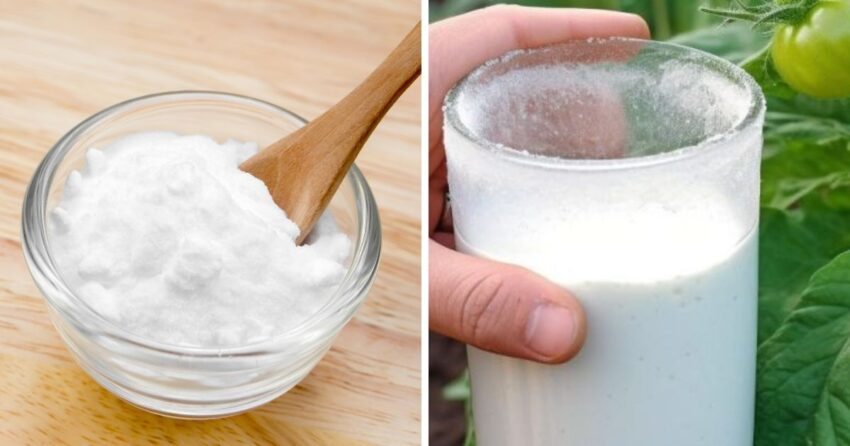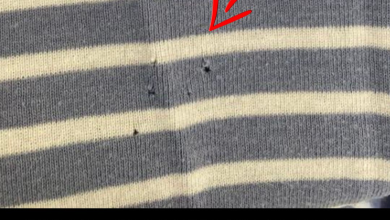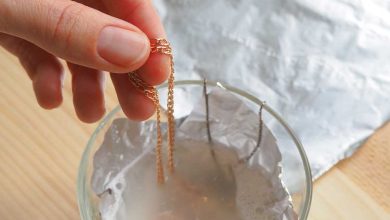1. Natural Pest Control
One of the most significant benefits of baking soda is its effectiveness as a natural pest control solution. Here’s how it works:
- Against Aphids and Spider Mites: Mix one tablespoon of baking soda with one gallon of water and a few drops of dish soap. Spray this solution on your plants to deter aphids and spider mites.
- Fungal Infections: Baking soda can help prevent and treat fungal diseases like powdery mildew and black spot on roses. Mix one teaspoon of baking soda with one quart of water and spray on affected plants weekly.
2. Fungus and Mold Prevention
Fungal diseases can wreak havoc on your garden. Baking soda helps in keeping these issues at bay:
- Preventing Powdery Mildew: A common problem for gardeners, powdery mildew can be controlled with a mixture of baking soda, water, and a bit of liquid soap. Spray it on susceptible plants regularly.
- Fighting Black Spot on Roses: Roses are prone to black spot fungus. A weekly application of a baking soda solution can help keep your roses healthy and blooming beautifully.

3. Soil Amendment
Baking soda can also play a role in improving your soil’s health and structure:
- pH Adjustment: If your soil is too acidic, baking soda can help balance the pH level. Sprinkle it lightly on the soil and water it in. Be cautious and test your soil pH regularly to avoid making it too alkaline.
- Enhancing Compost: Adding a small amount of baking soda to your compost pile can help neutralize odors and speed up the decomposition process.
4. Cleaning Garden Tools and Pots
Maintaining clean tools and pots is essential for preventing the spread of diseases:
- Cleaning Solution: Create a paste with baking soda and water to scrub garden tools, pots, and containers. This not only removes dirt and grime but also disinfects them.
- Removing Rust: For rust on tools, apply a paste of baking soda and water, let it sit for a few minutes, then scrub with a brush.
5. Improving Plant Health
Baking soda can directly improve the health and appearance of your plants:
- Shiny Leaves: Mix a teaspoon of baking soda with a quart of water and spray on the leaves. This will help keep them clean and shiny.
- Sweeter Tomatoes: It’s said that sprinkling baking soda around the base of tomato plants can make tomatoes sweeter by lowering the acidity in the soil.
6. Weed Control
Unwanted weeds can be a gardener’s nightmare, but baking soda can help here too:
- Driveway and Sidewalk Cracks: Sprinkle baking soda into the cracks of driveways and sidewalks where weeds often grow. It will help prevent them from taking root.
- Spot Treatment: For small areas or isolated weeds, a heavy sprinkling of baking soda can inhibit their growth. Be careful to avoid your garden plants.
7. Safe for Pets and Kids
One of the best things about using baking soda in the garden is its safety. Unlike many chemical pesticides and fungicides, baking soda is non-toxic and safe for pets and children. This makes it an ideal choice for families who enjoy spending time in the garden.
8. Economical and Readily Available
Baking soda is inexpensive and readily available at any grocery store. This accessibility makes it an easy addition to your gardening toolkit without breaking the bank.
Conclusion
Incorporating baking soda into your gardening routine can yield impressive results. From pest control and fungus prevention to soil health and plant vitality, baking soda proves to be an incredibly versatile and effective tool. Its non-toxic nature ensures a safe environment for both plants and gardeners alike. So next time you’re in the garden, remember that your best friend might just be a box of baking soda.
By using this simple yet powerful ingredient, you can take your gardening to the next level. Happy gardening!







